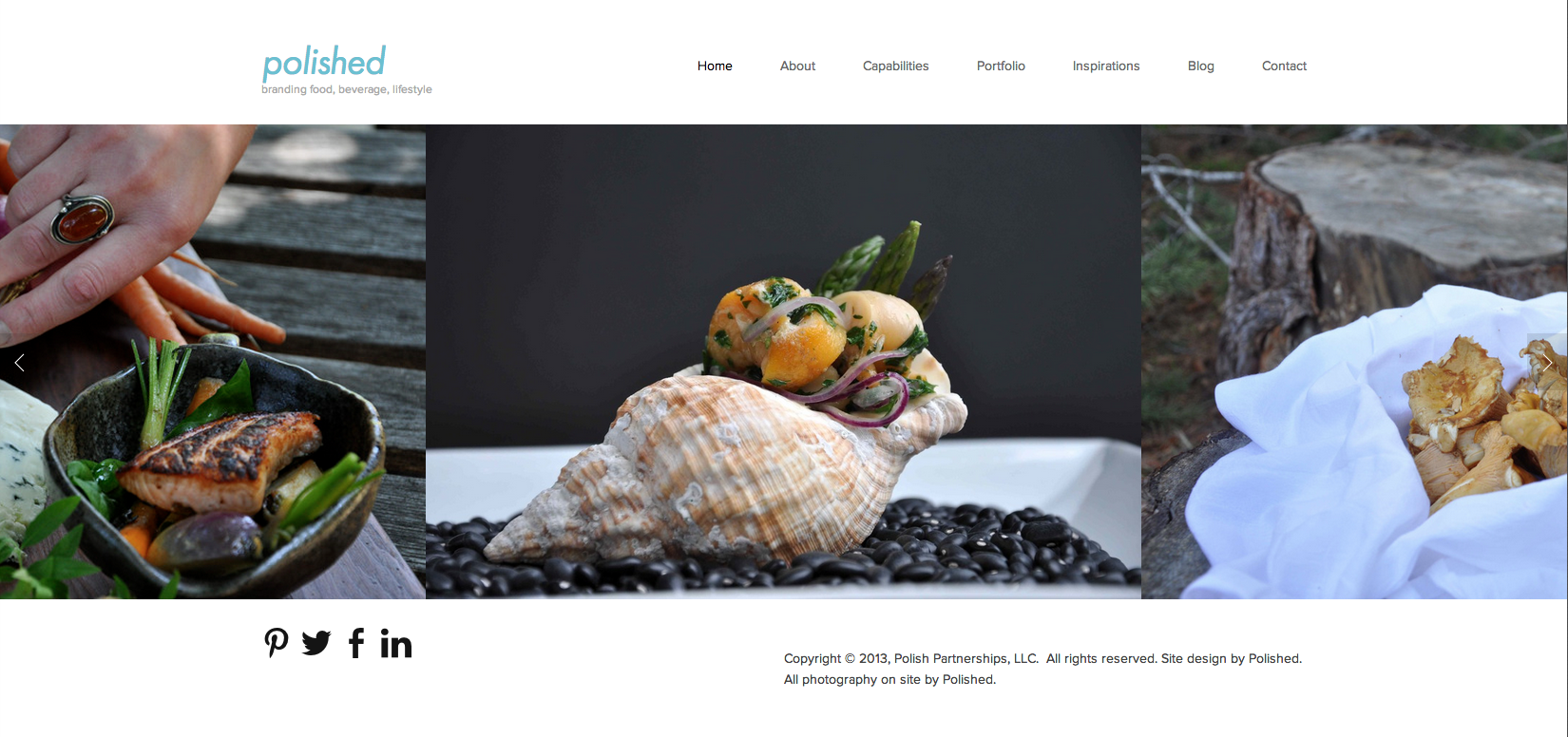An excellent read to talk about trend, class and race issues in the food scene: Putting identity politics on the table "So who’s allowed to cook what? Who defines authenticity? What does it mean when ancient dishes are exploited as trendy, cooked badly, and fashioned by hipsters instead of grandmas? Geopolitical sensitivities flare." And some fine, fighting points: “'I’m a bit annoyed by the ‘at my grandmother’s knee’ stories. I get the significance of lineage, but nobody asks a lawyer if she was at her father’s knee practicing law,' says Tiffani Faison, whose Tiger Mama serves riffs on Southeast Asian food." (Boston Globe)
Denmark Considers Taxing Meat, Calling It An Ethical Responsibility: How can we stop eating our way to a warming planet? "Their initial recommendation is to tax beef. Globally, food productions accounts for up to 29% of emissions. Cattle are responsible for a huge 10%. Taxing beef, they say, could reduce greenhouse gas emissions from food by 20% to 35%." (Fast Company)
Not all food and politics mash-ups are designed to encourage virtue. Largest US food producers ask Congress to shield lobbying activities: United Egg Producers, National Cattlemen’s Beef Association and National Pork Producers Council are proposing a change to the Freedom of Information Act. (Guardian)
We don't include items about individual restaurants much, but seriously, it's Alinea, and too cool to resists: A New Alinea Plans to Serve Emotions as Well as Entrees "How do we season with sound? With light? With elements of emotions? For us, that makes the experience more complex and nuanced.” (New York Times)
Food and emotion are no strangers of course. Love might tear us apart, but chickpeas can bring us together: How Hummus Brought a Palestinian and an Israeli Together to Help Refugees in Berlin "I wanted to be a bridge between different cultures. Every time in nature when you combine two things together, you make a new thing that is stronger. The dish you just ate, “hamshuka,” is a mix of the traditional hummus that Jalil’s family has been making for more than 400 years and the shakshuka of my grandmother, with the egg and everything. It’s the bestseller here. Everybody loves it." (Munchies)
And for when you don't want to talk to anyone at all, not even to place an order, Amazon is getting into the restaurant delivery business, at least as a pilot project in some zip codes of San Francisco.




